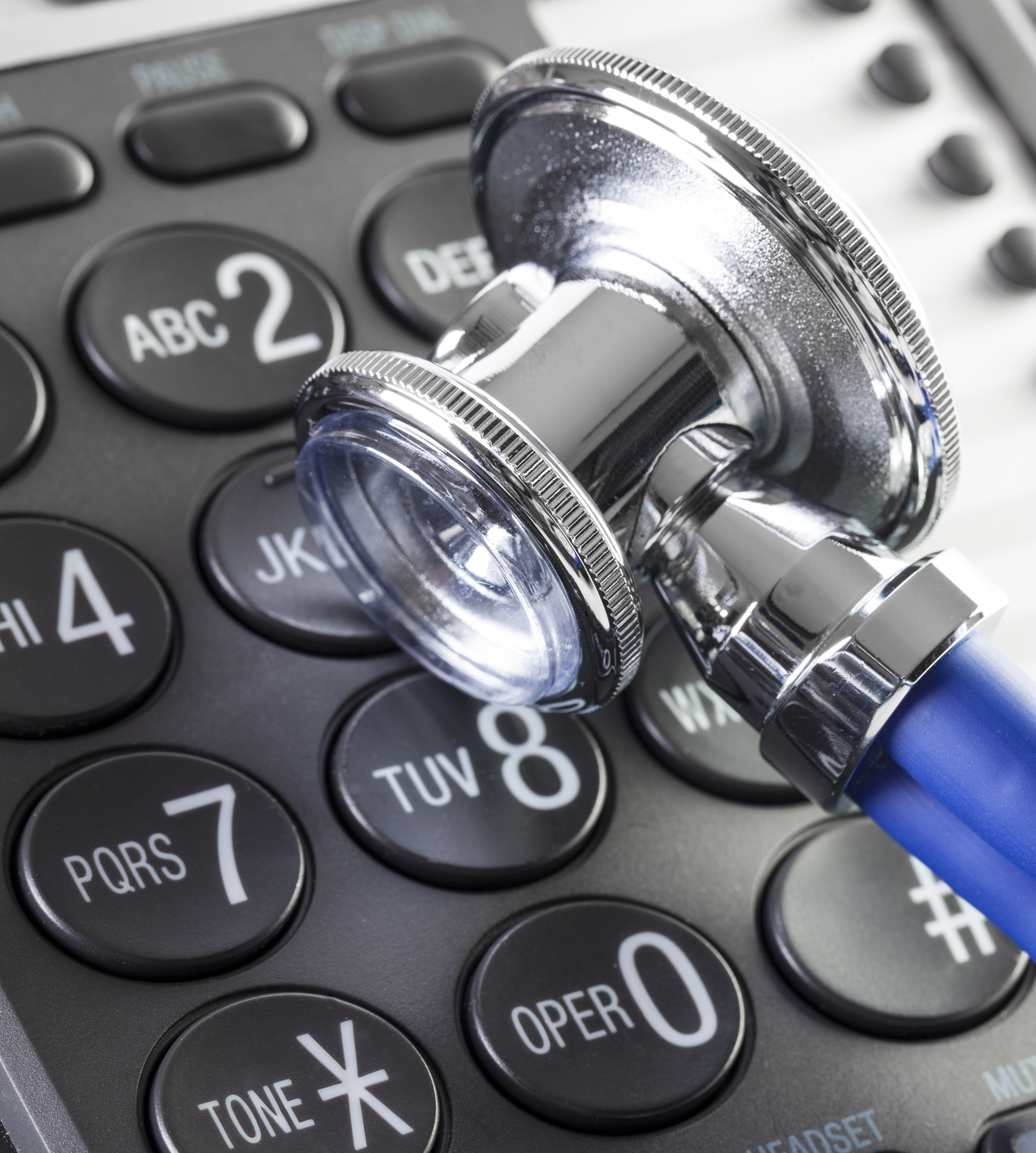
If you had to rate your doctor on his or her communication skills, what would you say?
The doctor-patient exchange has long been a trouble spot for many people, but in a recent article in the BMJ, researchers from The Dartmouth Institute for Health Policy and Clinical Practice, Trinity College Dublin, and the University of Edinburgh explore the potential of artificial intelligence (AI) to improve patient/provider communication.
"Many clinicians' communications skills aren't formerly assessed--either during school or in early practice. At the same time, there is a lot of evidence that clinicians often struggle when communicating with their patients. It's hard to improve on something when you're not being given any feedback and don't know how you're doing," says senior author and Dartmouth Institute Professor Glyn Elwyn, MD.
As Elwyn and his co-authors explain, “AI has the potential to revolutionize communication in medicine by providing clinicians with personalized, highly detailed assessments of their communication skills at lower costs than the manual methods being sporadically employed at present.”
In particular, they point to three key areas of analysis in which AI, used in conjunction with the digital recordings of medical visits, has the potential to significantly improve medical communications:
• Analysis of words and phrases - Automated analysis of words and phrases could offer feedback about whether patients and providers understood each other, how aligned they were in their manner of expression and assess whether providers are taking appropriate histories, offering evidence-based treatments or using jargon-free language.
• Turn-taking analysis - This type of analysis looks at factors like what proportions of time patients and providers spend speaking and if the provider pauses to allow the patient to voice concerns or ask questions. Allowing the patient space to talk is correlated with patients' adherence to medicines and recall of information.
• Tone and style in interactions ¬ In the aviation sector, pilots' key communication skills have been assessed by using algorithms to analyze their vocal pitch and energy. Adaptation of such methods to the health sector might help detect high-risk situations when clinicians are under stress or subjected to workloads that might affect how well they communicate.
While the researchers predict rapid advancements in the use of AI in medical communication, particularly in analysis of turn taking and provider intonation, they also note that healthcare poses particular challenges in applying speech recognition.
"Five years ago, the idea of using AI to analyze medical communication wouldn't have been on anyone's radar," Elwyn says. "As the technology advances, it will be interesting to see whether healthcare systems can employ it effectively and whether providers will be open to using it as a tool for improving their communication skills.”


